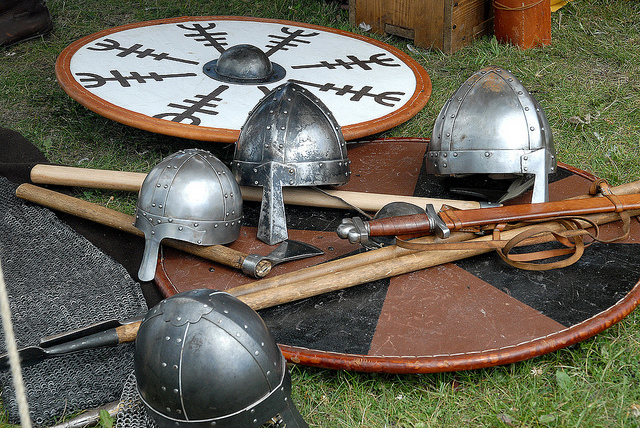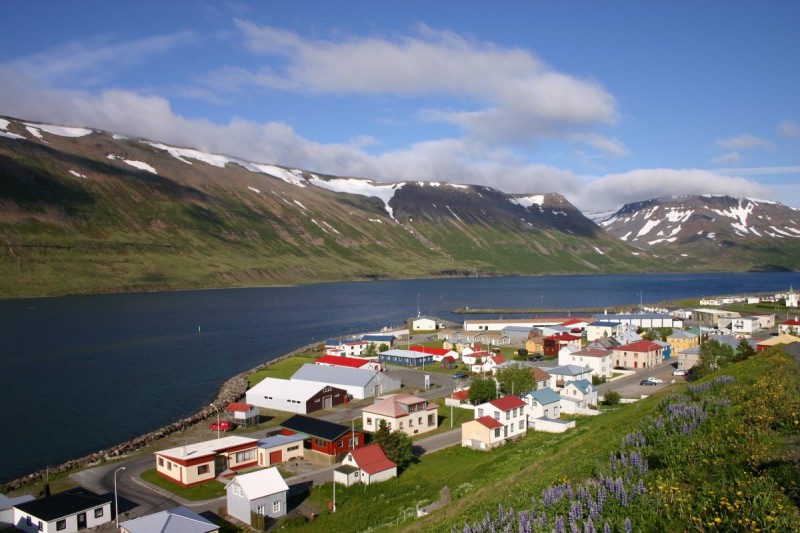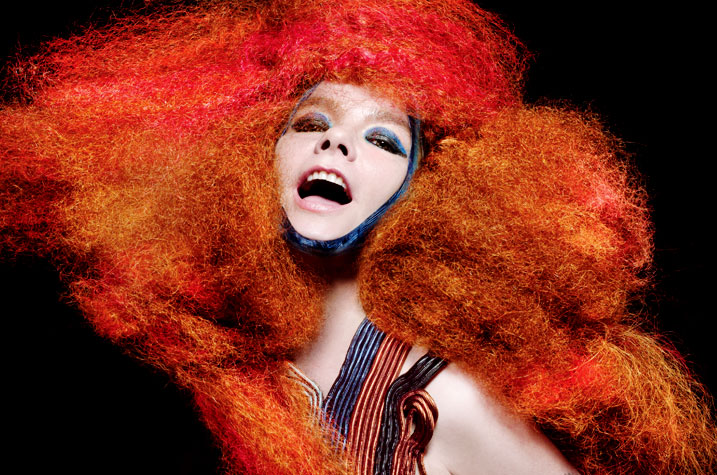
Embrace your inner Viking at Islendingadagurinn
When the 125th Islendingadagurinn takes place in Gimli this weekend, the U of M’s department of Icelandic Language and literature (Faculty of Arts) — the only Icelandic department outside of Iceland — will sponsor the festival’s annual prose and poetry writing contest.
The partnership was initiated by writer and professor of English literature David Arnason when he served as acting head of the Icelandic department, notes current department head Birna Bjarnadóttir. “The writing contest is run by the Icelandic Festival, and we are proud to be its sponsor,” she says.
The contest supports the core aim of the department. Bjarnadóttir explains, “The task of the only Icelandic department outside of Iceland is to preserve, pursue and promote a cultural heritage that crosses both centuries and continents. As it is, this cultural heritage is in large part made of poetry and prose.”
Thanks to the Valuing Icelandic Presence committee’s fundraising campaign in the 1990s, the department has funds to encourage and support significant creative enterprises. “The writing contest is at the heart of our matter,” says Bjarnadóttir.

Suðureyri, a small Icelandic fishing village perched on the tip of the 13 km-long Súgandafjörður in the Westfjords.
Exploring Iceland
Every year the department also offers a special Icelandic Field School course through the U of M’s Summer Session.
The aim of the course is to explore medieval and contemporary culture in Iceland.
Bjarnadóttir says that between eight and 12 students enroll in the annual four-week trip, which is offered in cooperation with the University of Iceland, the University Centre of the Westfjords and some of the most significant local writers and artists of Iceland. Participants travel around the country, with Reykjavík and the Westfjords being the main sites of study and exploration.
“It’s one of the most demanding courses offered by our department, notes Bjarnadóttir. “The Icelandic Field School is a unique and high profile summer course, which examines three areas — contemporary culture in Iceland, medieval culture in Iceland, and conversational Icelandic.”
No prior knowledge of Icelandic is required. Designed to introduce students from North America to medieval and modern Icelandic culture, as well as the perceived interplay between the local and global aspects of contemporary Icelandic society, the course includes visits to major cultural sites and special cultural presentations such as lectures by scholars, Icelandic writers, poets, and visual artists give readings and performances.
In 2012, says Bjarnadóttir, the Icelandic Field School received a special guest at Holt in Önundarfjord (in the Westfjords region), when Guðbergur Bergsson — a key figure in Icelandic modern literature and a major European novelist — arrived with pilot Guðni Þorbjörnsson in a small airplane, and gave a talk on Icelandic culture.
Another highlight was the 2007 Nature Concert in Reykjavik, featuring avant-garde pop musician and performer Bjork, perhaps Iceland’s best-recognized star.
“The concert was exceptional in the sense that it was held for Iceland’s nature, and organized by a group of artists, writers and other visionary activists,” says Bjarnadóttir.
The travel course is exciting and exploratory in many ways, she adds.
“In addition to the travel course’s unique approach to the subject matter, the course offers students an exceptional opportunity to practice qualities like empathy, thoughtful judgment and respect for the challenging nature of both their subject matter and fellow travelers,” she says.
“The ideal is for students to be able to stay perceptive and focused on the travel course’s exceptionally rich and demanding path of exploration.”
[rev_slider IcelandicFieldSchool]
See more images from the Icelandic Field School here and a short film about the experience by one of the participants here.








These are perfectly art works. I really appreciate these kinds of works. The shields and helmets and the women in design, everything looks great.